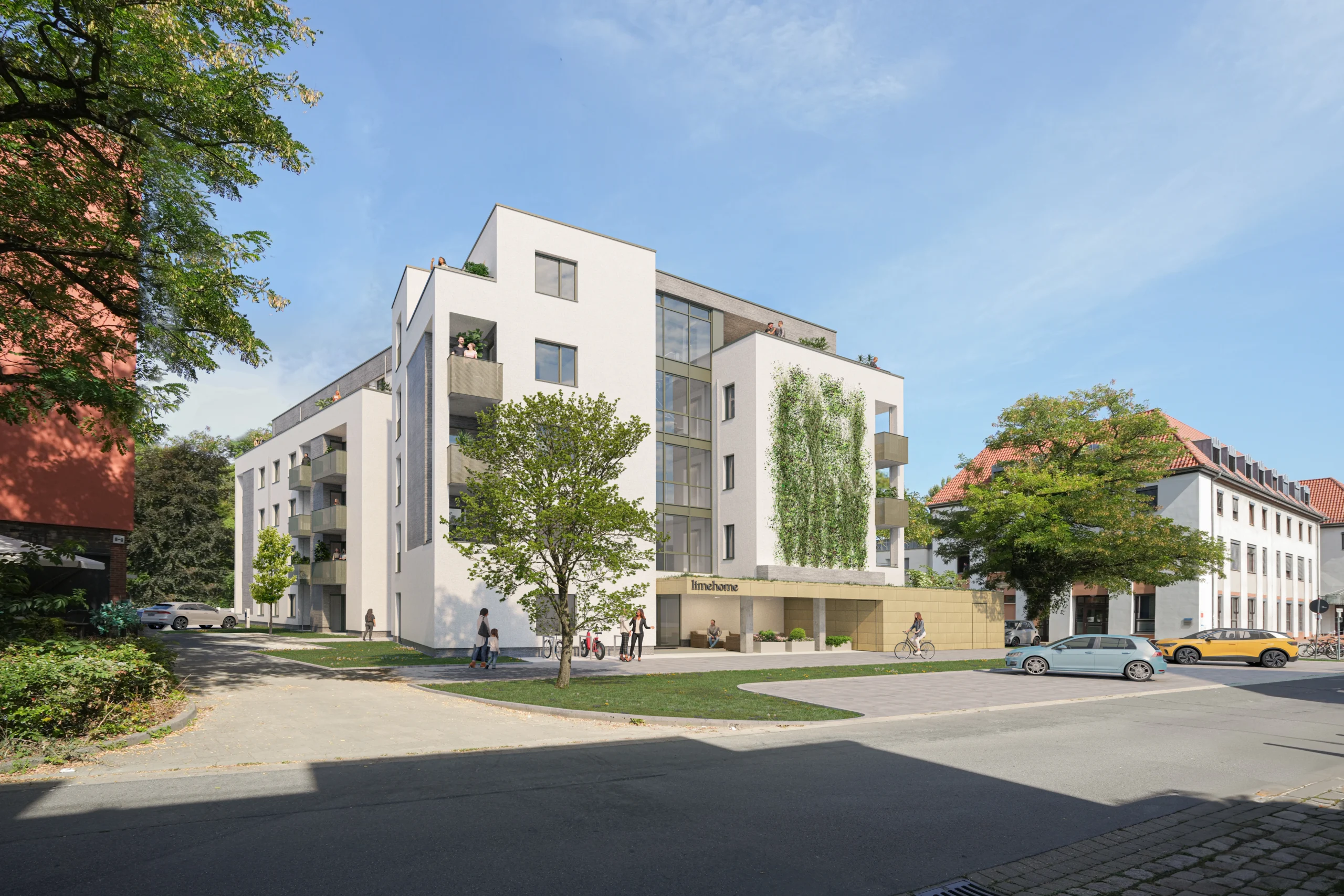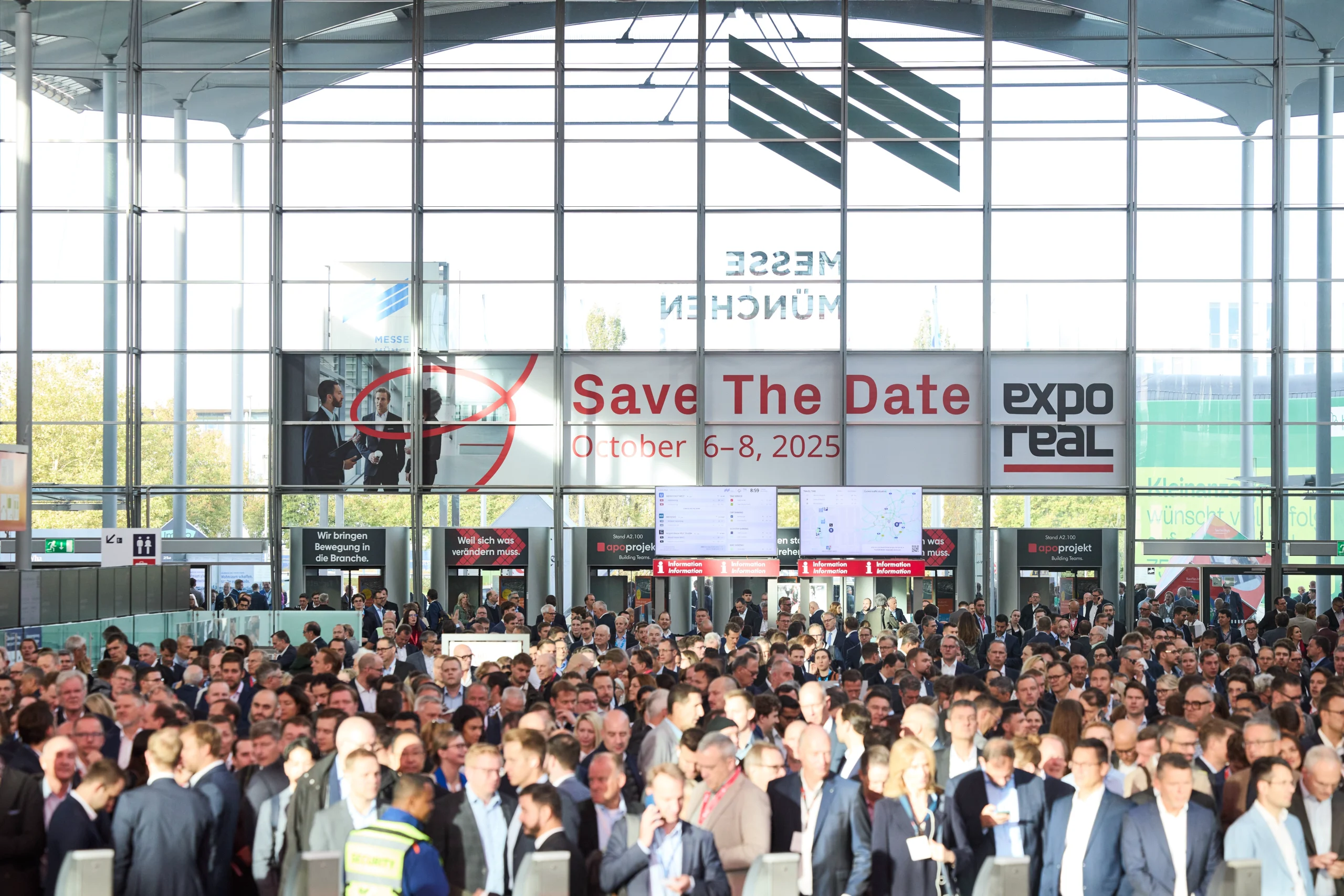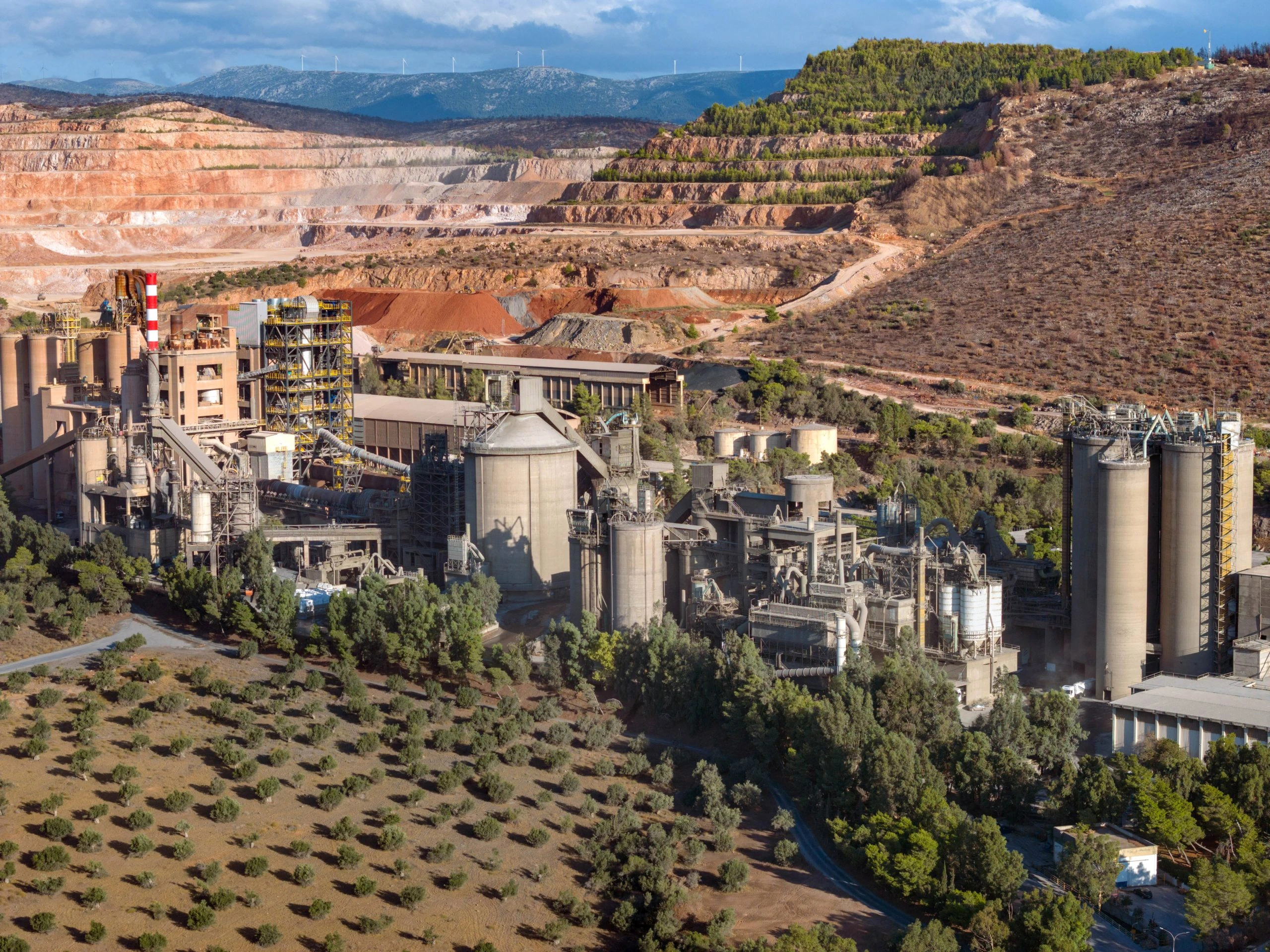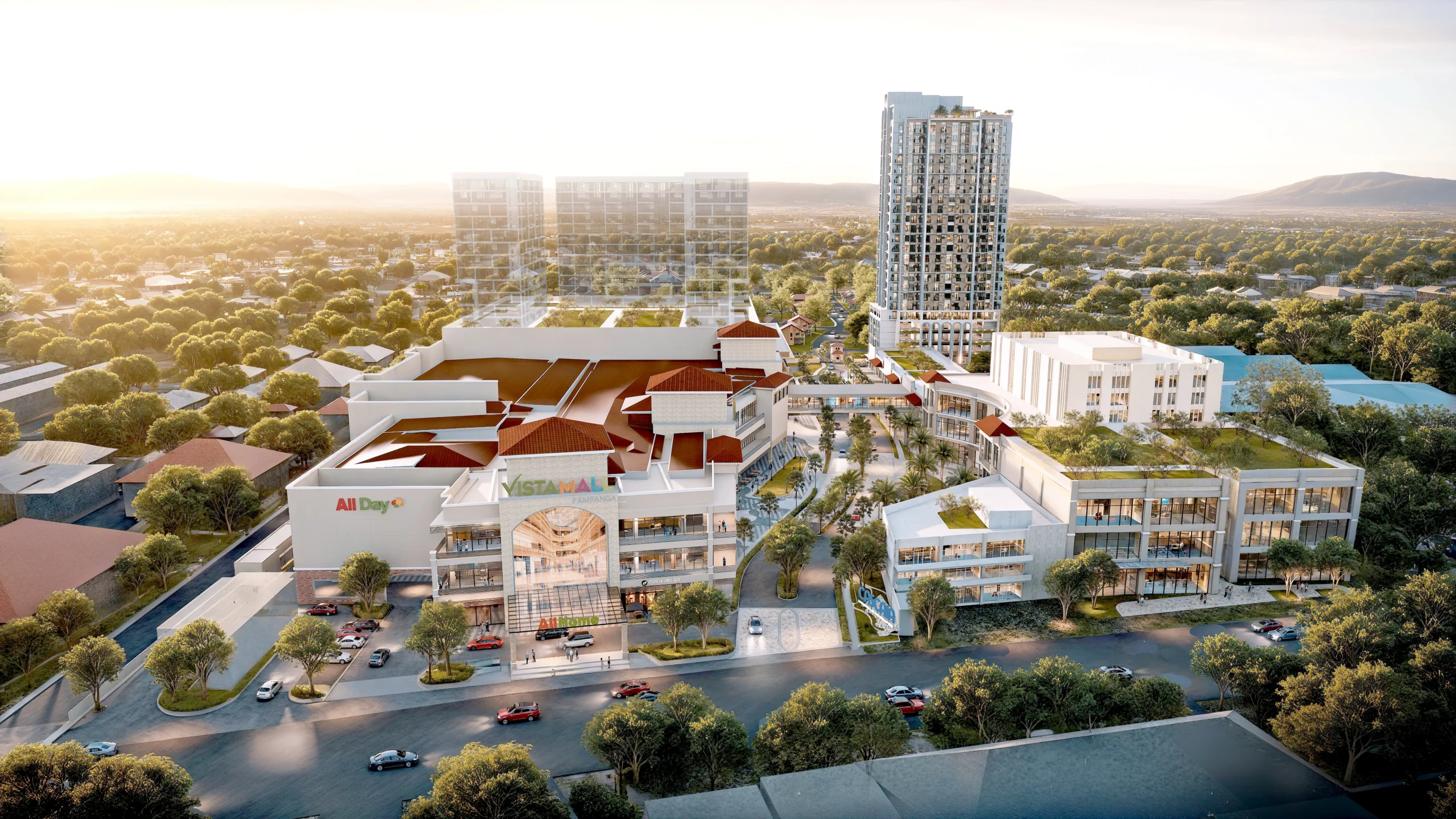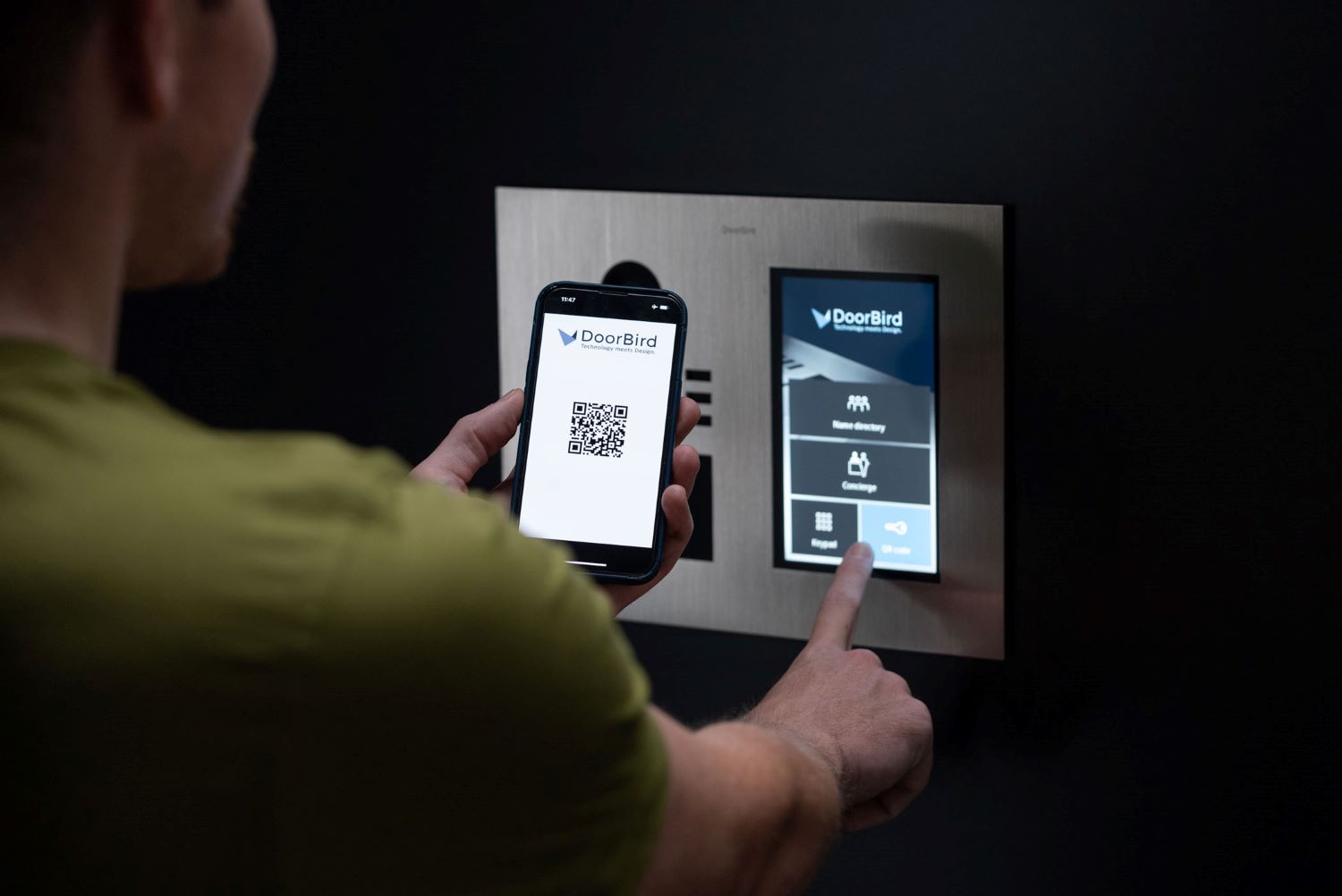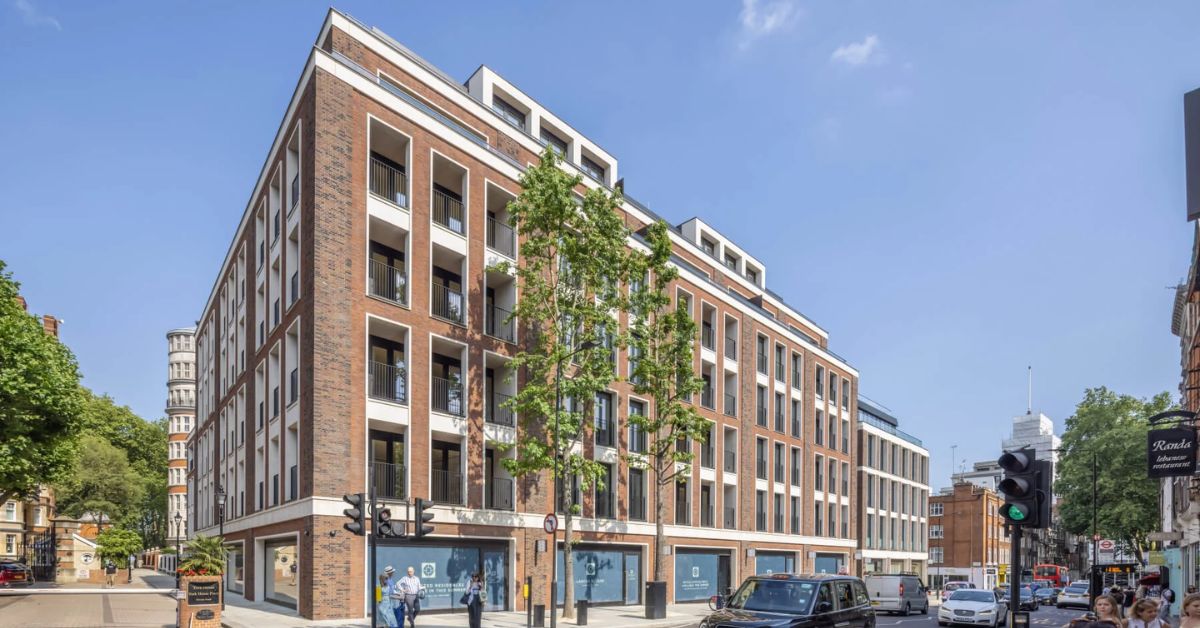Creditú: Making homeownership happen

John E. Kaye
- Published
- Banking & Finance, Home, Real Estate
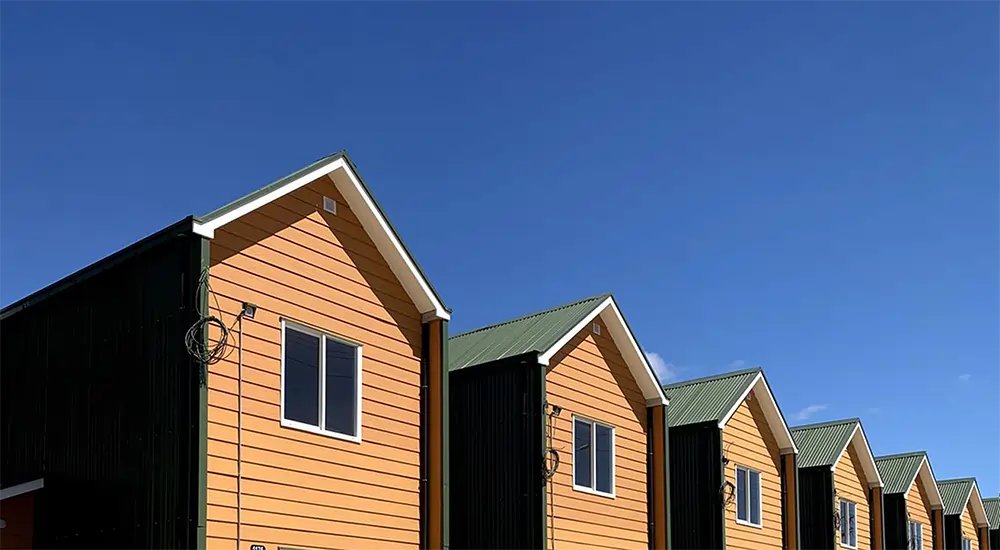
The revolution in housing access in Latin America is gaining impetus, with fintech firm Creditú leading the way with new products and innovation
In Latin America, one-third of families lack access to adequate housing, a situation largely driven by financial exclusion at the hands of traditional institutions. This housing deficit impacts 59 million households, affecting 29.1% of the urban population. The issue is further compounded by difficulties in obtaining finance, exacerbated by the high concentration of banks offering minimal incentives to serve this segment.
The region is marked by low mortgage penetration, with a mortgage-to-GDP ratio of less than 25%, compared to figures exceeding 65% in developed countries. It is thought that Latin Americans have approximately three times less access to credit than their peers in developed nations, and they face interest rates up to four times higher. In this landscape, traditional banks dominate over 90% of the mortgage loan market, in stark contrast to the 65% share in advanced economies. The lack of incentives to serve these segments of the population has resulted in decades without significant innovation in the mortgage sector.
The residential real estate industry in Latin America is estimated at $477.77bn in 2024, with expectations to grow to $712.45bn by 2029, representing a compound annual growth rate (CAGR) of 8.32%. This growth is driven by increasing urbanisation and an expanding middle class. Although the Covid-19 pandemic temporarily slowed growth, it also accelerated the digitalisation of the sector and intensified competition among mortgage lenders.
The accelerated adoption of digital technologies has enabled companies to offer innovative products and services, transforming the residential real estate market. Property searches through virtual platforms have surged, pushing developers and real estate agencies to invest in technology to adapt to this new reality.
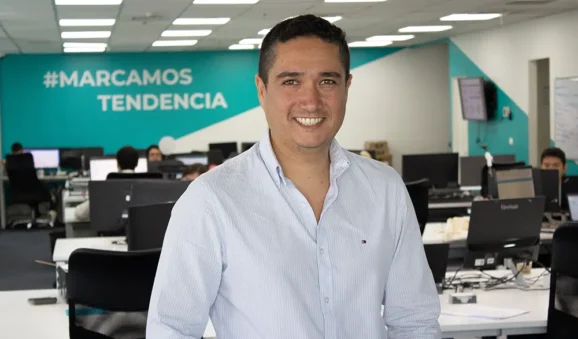
Meet Creditú
In 2017 – against this backdrop – Creditú was founded. Now established as a leading fintech firm with a presence in Chile, Peru, and Brazil, Creditú has a vision to democratise homeownership and reinvent the customer experience in Latin America. To date, Creditú has delivered over $700m in mortgage and housing-related loans, financing more than 6,000 middle-to-low-income families. With a strong emphasis on financial inclusion and social impact, over 55% of its customers are women household-leaders, and 10% are immigrant families.
David Muñoz, CEO of Creditú, states that: “At Creditú, we combine financial and digital innovation to make the dream of homeownership come true.”
Applications are processed through a digital platform which, as Muñoz explains, “Delivers an immediate response, with market-unique automatic approval, compared to banks that can take up to two months. This is made possible by a specialised team in mortgage evaluation, as well as the use of Open Banking technology in automatic assessments”.
The downpayment problem: A growing barrier
One of the biggest challenges to homeownership in Latin America is the difficulty of saving for the downpayment. In many countries in the region, traditional banks require a downpayment of 20% of the property value, a requirement that has become increasingly unattainable for much of the population. This situation has worsened in recent years due to the rise in housing prices, which has far outpaced income growth, particularly in major cities.
In Latin America, for example, housing costs have risen between 1.5 and 3 times faster than incomes over the past three years. This disparity has made the dream of owning a home increasingly distant, generating frustration and perpetuating financial exclusion, especially among young people and migrants. These groups, having had less time to accumulate savings, are at a disadvantage when faced with high downpayment requirements.
Moreover, this issue directly impacts the real estate market. Developers have seen a significant increase in the stock of new and completed homes that remain unsold, with some regions experiencing up to a 55% increase. This accumulation of inventory not only slows the real estate cycle but also affects the liquidity and stability of development companies, creating a vicious cycle that harms both potential buyers and sellers.
Unlocking the downpayment challenge
In response to this challenge, Creditú has developed innovative solutions specifically designed to break down the barriers to mortgage financing. One of its flagship products is the zero-cost instalment downpayment financing, an initiative that has had a transformative impact on the Chilean market and is beginning to gain traction in Peru and Brazil. This product, developed in direct partnership with real estate developers, allows buyers to finance their downpayment in interest-free instalments. The developers bear the financial cost of these instalments and provide additional guarantees to the lender, preventing customers from becoming over-indebted and allowing for more flexible credit evaluations. This solution not only facilitates access to homeownership but also promotes financial inclusion, especially in higher-risk segments such as young people and migrants. For developers, this product has proven to be a powerful tool, enabling them to accelerate sales by up to 50%. By easing access to homeownership, it reduces the accumulated inventory and revitalises the real estate cycle, generating benefits throughout the entire value chain.
According to Creditú, in Chile, families typically take nearly 10 years to save the necessary downpayment to purchase a home. However, with this new product, beneficiaries can become homeowners immediately, avoiding the costs associated with renting while saving for the downpayment. “Instead of waiting five years to gather the downpayment, buyers can move into their new home immediately, saving up to US$30,000 in rent during that period,” explains Muñoz.
Focus on ESG and financial inclusion
One of Creditú’s most significant milestones has been the support from the Inter-American Development Bank (IDB), which in 2022 financed $90m, of which $50m was exclusively for middle- and lower-middle-income housing.
Additionally, IDB Lab provided another $2m in 2023 for downpayment loans and consumption for unbanked families in its early stage.
Future outlook
Looking ahead to 2025, Creditú plans to expand its managed portfolio, aiming to double it and establish itself as a key player in the region’s financial market. The company remains focused on offering innovative solutions that facilitate access to homeownership and promote financial inclusion, adapting to the changing needs of Latin Americans. Creditú has shown that it is possible to turn challenges into opportunities, creating products that not only solve immediate problems but also generate a positive and sustainable impact on the region.
Further information
creditu.com/cl
Main image: A social housing project in Chile, made possible by Creditú’s accessible and innovative financing solutions
RECENT ARTICLES
-
 Meet Abbas Sajwani: the young founder redefining luxury real estate in Dubai
Meet Abbas Sajwani: the young founder redefining luxury real estate in Dubai -
 Marriott strengthens South African portfolio with new Autograph Collection hotel in Cape Town
Marriott strengthens South African portfolio with new Autograph Collection hotel in Cape Town -
 JPMorgan plans multibillion-pound tower in Canary Wharf
JPMorgan plans multibillion-pound tower in Canary Wharf -
 Housing expert calls for bold EU fund to unlock cheaper homes
Housing expert calls for bold EU fund to unlock cheaper homes -
 Saudis pitch trillion-dollar property boom to global investors
Saudis pitch trillion-dollar property boom to global investors -
 KAPPE and Limehome back sustainable living in Braunschweig’s new business hub
KAPPE and Limehome back sustainable living in Braunschweig’s new business hub -
 Dar Global unveils $1bn Trump Plaza Jeddah in second Saudi venture with Trump Organization
Dar Global unveils $1bn Trump Plaza Jeddah in second Saudi venture with Trump Organization -
 Europe’s property market shows fragile recovery as EXPO REAL survey highlights housing demand and policy strain
Europe’s property market shows fragile recovery as EXPO REAL survey highlights housing demand and policy strain -
 Investors eye UAE as Belt and Road real estate gateway for Asia
Investors eye UAE as Belt and Road real estate gateway for Asia -
 Mitsubishi Estate’s £800m South Bank scheme to deliver 4,000 jobs
Mitsubishi Estate’s £800m South Bank scheme to deliver 4,000 jobs -
 AHS Properties bets on boutique exclusivity as Dubai’s luxury market booms
AHS Properties bets on boutique exclusivity as Dubai’s luxury market booms -
 Finland’s property market rebounds as foreign investors return
Finland’s property market rebounds as foreign investors return -
 Al Khozama turns to Yardi to manage Riyadh’s landmark Al Faisaliah Tower
Al Khozama turns to Yardi to manage Riyadh’s landmark Al Faisaliah Tower -
 The four developers shaping Dubai’s skyline
The four developers shaping Dubai’s skyline -
 Abu Dhabi asserts leadership in regional property market as IREIS 2025 prepares to welcome 2,000 investors
Abu Dhabi asserts leadership in regional property market as IREIS 2025 prepares to welcome 2,000 investors -
 Golden opportunity: Europe needs to reclaim its lead in the global talent race
Golden opportunity: Europe needs to reclaim its lead in the global talent race -
 Global Property Expo opens in Singapore next week as Asia’s influence in international real estate grows
Global Property Expo opens in Singapore next week as Asia’s influence in international real estate grows -
 Engel & Völkers Snell Real Estate and Vanessa Fukunaga receive dual honours
Engel & Völkers Snell Real Estate and Vanessa Fukunaga receive dual honours -
 Investor attention turns to Klīversala as exclusive Blue Marine development breaks ground
Investor attention turns to Klīversala as exclusive Blue Marine development breaks ground -
 Greece’s TITAN Group climbs TIME’s global sustainability rankings
Greece’s TITAN Group climbs TIME’s global sustainability rankings -
 Why Europe is turning its attention to Los Cabos, Mexico
Why Europe is turning its attention to Los Cabos, Mexico -
 Cascaia, Vista Land’s Spanish-inspired estate, celebrates San Fernando’s lantern heritage
Cascaia, Vista Land’s Spanish-inspired estate, celebrates San Fernando’s lantern heritage -
 Clarins heiress lists £6 million Notting Hill townhouse
Clarins heiress lists £6 million Notting Hill townhouse -
 DoorBird is redefining industry standards with new products
DoorBird is redefining industry standards with new products -
 Benefits of aluminium windows and doors in Built to Rent properties
Benefits of aluminium windows and doors in Built to Rent properties






